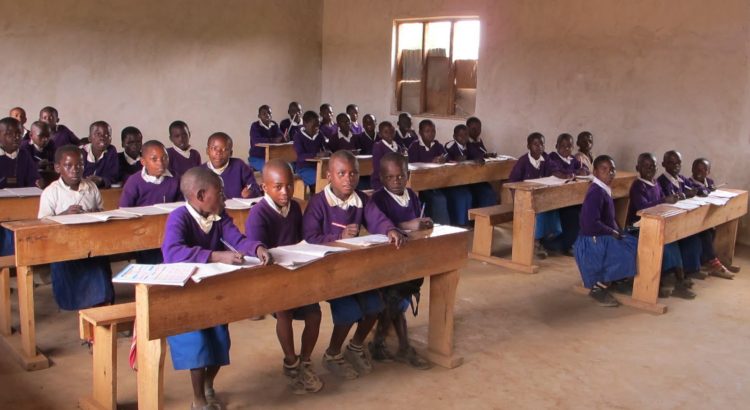Africa/Tanzania/Mayo 2016/Autor: Editor/ Fuente: http://allafrica.com
Resumen: Los resultados de la investigación, realizada por HakiElimu, sobre el estado de la educación en Tanzania, llevadas a cabo el año pasado, refleja la realidad sobre la caída de los niveles de la educación, esto ha sido reconocido por gobierno.
HAKIELIMU research findings on the state of education in Tanzania conducted last year reflects on the reality on the falling standards of education, the government has acknowledged.
The Deputy Minister for Education, Science, Technology and Vocational Training, Eng Stella Manyanya, said in Parliament yesterday that to a certain extent the research findings show a true picture of declining quality of education in Tanzania due to recent rapid expansion of enrolment in primary, secondary and higher education levels.
In her reply to a basic question from Susan Lyimo (Special Seats, Chadema), the Deputy Minister said that the recent rapid expansion of primary and secondary education under Primary Education Development Plan and Secondary Education Development Plan, had inevitably affected quality.
«PEDP and SEDP successes led to an increase in primary and secondary schools together with students and brought up challenges on basic necessities such as teachers, infrastructure, teaching and learning materials which affected the quality of education in one way or another especially during the two initial phases of the programmes (2002 – 2010), she said.
The Chadema lawmaker wanted to know to what extent the Hakielimu research had reflected on the reality of the state of education in Tanzania and what were the strategies by the fifth-phase government to improve the quality of education in the country.
The deputy minister said the quality of education involved many issues including environment of education provision which had been improved during that time.
She said there has been an increase in recruitment of teachers where by the number of primary school teachers increased from 132,409 in 2005 to 180,565 in 2014 and secondary school teachers increased from 20,754 in 2005 to 80,529 in 2014.
The morale of the teachers to work in rural areas had increased after the government improved necessary infrastructure such as roads and access to electricity, water and telecommunication services, she said.
Ms Manyanya said the fifth-phase government has in place strategies to improve quality of education which include improving teaching and learning environment through constructing and rehabilitating school infrastructures.
These include construction of classrooms, laboratories, libraries, toilets, teachers’ houses and purchases of desks, she said.
The government also continues with teachers training particularly for Science, Mathematics, Language and basic education, she said adding the government continues to provide trainings for teachers on ICT application, Science, Mathematics, Language to improve efficiency in teaching and learning for primary and secondary school teachers.
Fuente de la noticia: http://allafrica.com/stories/201605050773.html
Fuente de la imagen: https://www.google.co.ve/search?q=tanzania++escuelas&client=ubuntu&hs=Odu&channel=fs&source=lnms&tbm=isch&sa=X&ved=0ahUKEwiQ-bvhosnMAhWGPB4KHce1CUkQ_AUIBygB&biw=1301&bih=673#imgrc=Xh_ogDq-k3ceVM%3A






 Users Today : 148
Users Today : 148 Total Users : 35459743
Total Users : 35459743 Views Today : 257
Views Today : 257 Total views : 3418229
Total views : 3418229